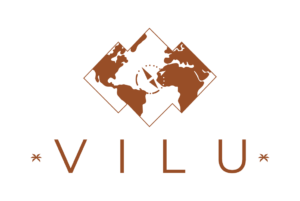Rwanda’s journey from the devastating genocide in 1994 to its current state of peace and progress is a testament to the resilience and determination of its people. During my visit, I was struck by the country’s incredible transformation and the spirit of unity that now defines Rwanda.
Kigali, the capital, is a symbol of this transformation. Clean, orderly, and bustling with activity, Kigali stands as a beacon of hope. Visiting the Kigali Genocide Memorial was a poignant experience, offering a sobering reminder of the past while also showcasing Rwanda’s commitment to remembering and learning from its history. The memorial honors the victims and educates visitors about the genocide, emphasizing the importance of reconciliation and peace.
Rwanda has made significant strides in economic development and environmental conservation. The “one cow per poor family” program and the promotion of community health workers have improved living standards and health outcomes across the country. Rwanda’s ban on plastic bags and its focus on eco-friendly initiatives highlight its commitment to sustainability.
One of the most inspiring aspects of Rwanda’s recovery is its focus on gender equality. Women hold a significant proportion of parliamentary seats, and the country has implemented policies to ensure women’s participation in all aspects of society. This inclusive approach has been pivotal in fostering unity and rebuilding the nation.
As we traveled through Rwanda, the lush landscapes and vibrant communities spoke volumes about the country’s progress. The reconciliation efforts and the collective focus on building a peaceful future make Rwanda a powerful example of how a nation can overcome its darkest days and emerge stronger.

